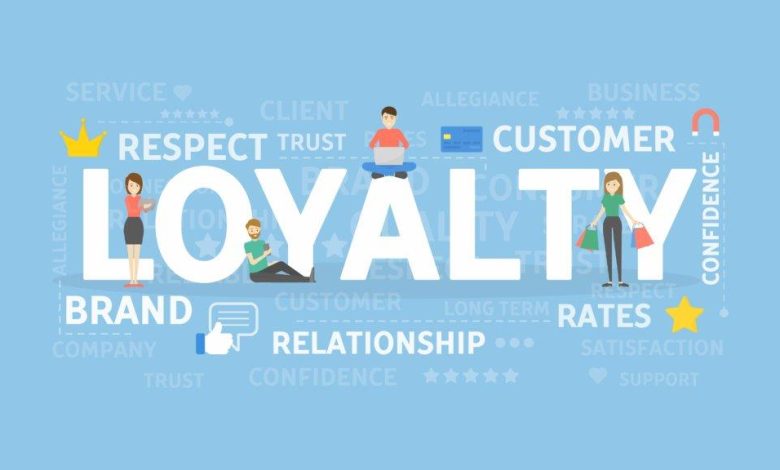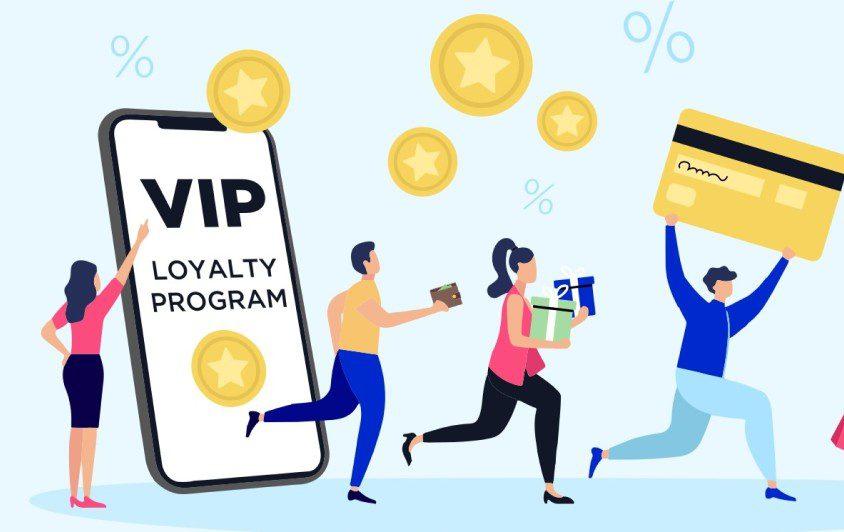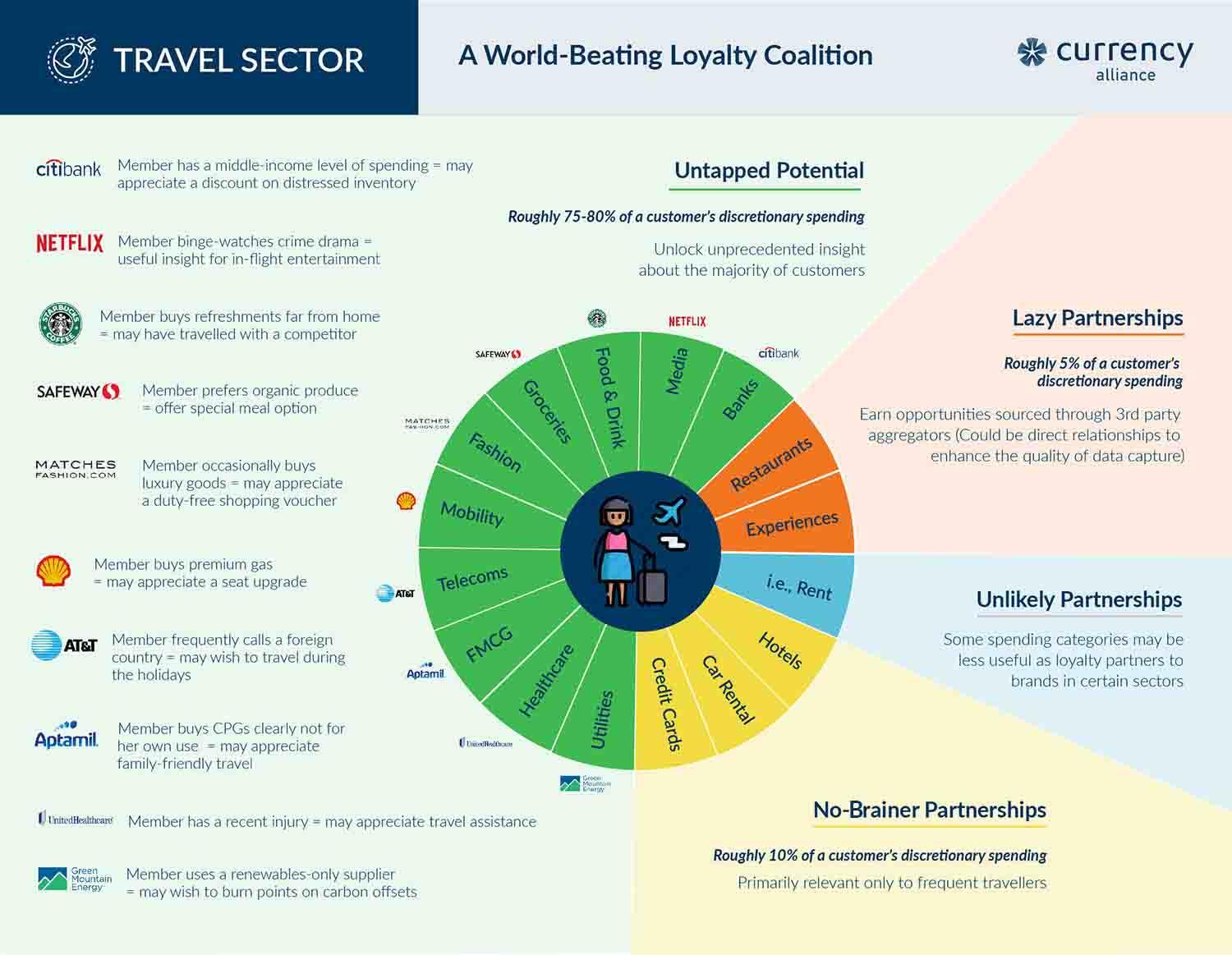
In the vast and bustling world of travel, where destinations whisper promises of adventure and escape, loyalty programs stand as silent architects, meticulously crafting a landscape where wanderlust meets strategic allegiance. These programs, often adorned with enticing rewards and privileges, beckon travelers with the allure of exclusive access and personalized experiences. But beneath the surface of frequent flyer miles and hotel points lies a compelling question: do these loyalty programs cultivate a subtle dependency, weaving golden handcuffs that bind the wanderer to a particular brand or airline? As we embark on this exploration, we will delve into the intricate dance between consumer loyalty and the freedom of choice, unraveling the complex tapestry that defines modern travel.
The Allure of Points and Perks: How Loyalty Programs Hook Travelers
In a world where travel is increasingly seen as a lifestyle rather than a luxury, the strategic allure of points and perks becomes an irresistible draw for many globetrotters. Loyalty programs are masterfully designed ecosystems that promise more than just a free flight or a hotel upgrade; they offer a sense of belonging and exclusivity. The psychology behind these programs taps into a traveler’s desire for enhanced experiences, creating a subtle yet powerful incentive to keep coming back. Travelers are often lured by:
- Exclusive access to airport lounges and priority boarding
- Complimentary upgrades on flights and accommodations
- Bonus points for booking through specific channels
- Personalized offers tailored to past travel habits
These benefits are not merely perks; they transform the way individuals plan and experience travel. The sense of achievement from unlocking a new tier or redeeming a coveted reward can be as thrilling as the journey itself. As travelers chase after these advantages, they often find themselves booking trips they hadn’t initially planned, subtly entwining their travel habits with the program’s offerings. In this way, loyalty programs craft a unique form of dependency, one that keeps the wanderlust alive while perpetuating a cycle of continuous engagement.

The Psychological Pull: Understanding the Habit-Forming Nature of Rewards
Rewards have an uncanny ability to tap into the psychological underpinnings of human behavior, triggering emotions and actions that often go unnoticed. At the heart of this phenomenon lies the brain’s reward system, which releases dopamine—a neurotransmitter associated with pleasure and satisfaction—each time we anticipate or receive a reward. This biochemical reaction not only makes us feel good but also reinforces the behavior that led to the reward in the first place, creating a cycle that’s hard to break.
- Anticipation: The mere expectation of a reward can be as potent as the reward itself. Whether it’s the allure of a free flight or an exclusive upgrade, the anticipation heightens our engagement with loyalty programs.
- Instant Gratification: Rewards often provide immediate satisfaction, fulfilling our innate desire for instant pleasure. This can lead to repeated participation as travelers chase that fleeting moment of joy.
- Variable Rewards: The unpredictability of rewards—sometimes known as the “lottery effect”—keeps us hooked. The occasional, unexpected perks can make the process of collecting points feel like a game, driving continuous engagement.
These elements combine to create a habit-forming loop that can turn casual travelers into loyalty program enthusiasts. By understanding these psychological triggers, we can better navigate the fine line between beneficial rewards and travel dependency.

Breaking Free from the Cycle: Identifying Signs of Travel Dependency
While loyalty programs offer enticing rewards, they can subtly cultivate a dependency that keeps travelers perpetually planning their next escape. Recognizing the signs of this dependency is crucial for maintaining a healthy relationship with travel. Excessive planning is often the first indicator; if you find yourself incessantly plotting future trips or feeling anxious when no travel plans are in sight, it might be time to evaluate your motivations. Emotional reliance on travel for happiness or escapism is another red flag, where the thrill of accumulating points and perks overshadows genuine experiences.
- Financial strain: Spending beyond your means to reach the next loyalty tier.
- Neglecting responsibilities: Prioritizing travel over important personal or professional commitments.
- Restlessness at home: Feeling uneasy or dissatisfied during periods without travel.
Breaking free from this cycle involves fostering awareness and setting clear travel goals that align with personal values rather than the allure of rewards. Balancing travel with other fulfilling activities can also help reduce dependency, ensuring that journeys remain a source of joy rather than obligation.

Smart Travel Strategies: Balancing Loyalty Benefits with Personal Freedom
In the quest for the best travel experiences, frequent flyers and travelers often find themselves caught in the allure of loyalty programs. These programs offer enticing rewards, from complimentary upgrades to exclusive lounge access, making them hard to resist. However, the challenge lies in navigating the fine line between reaping these benefits and maintaining the freedom to explore a variety of travel options. Balancing loyalty benefits with personal freedom requires a strategic approach that maximizes rewards while avoiding the trap of travel dependency.
- Flexible Booking: Opt for programs that offer flexible booking options, allowing you to change or cancel plans without hefty penalties.
- Diverse Alliances: Choose loyalty programs that are part of larger alliances, providing a broader range of destinations and airlines.
- Value Over Points: Evaluate the actual value of rewards instead of focusing solely on point accumulation. Sometimes, a direct purchase may offer more freedom and value than a reward redemption.
- Occasional Breaks: Don’t hesitate to take breaks from loyalty programs to explore alternative airlines or hotels, ensuring a fresh travel experience.
Ultimately, the key is to use loyalty programs as a tool to enhance your travel experience, not as a constraint that dictates your travel choices. By adopting these strategies, travelers can enjoy the best of both worlds—loyalty benefits and the liberty to explore new horizons.



